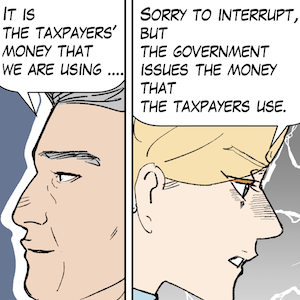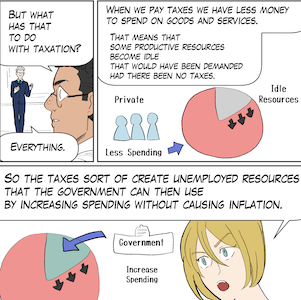Shifts in societal attitudes towards well-being mean that a degrowth strategy does not necessarily have to be political suicide
At the end of World War 2, the Western nations were beset with paranoia about what the USSR might be planning. The West had essentially relied on the Soviet armed forces to defeat the Nazis through their efforts on the Eastern front, after Hitler had launched – Operation Barbarossa – which effectively ended the – Molotov–Ribbentrop Pact – signed in 1939 between Germany and the USSR. Following the War, the ‘spectre of Communism’ drove the Western political leaders to embrace social democracy and introduce policies that created the mass-consuming middle class in most countries, which was seen as a bulwark against the development of a revolutionary working class movement and any further spread of Communism. While the interests of capital hated the welfare state and the rise of trade unions, they saw these developments as a means to protect their hegemony in the new world and the uncertainty that the – Cold War – engendered. Mass consumption was akin to Marx’s claims about religion being the ‘opium of the people’ and it has been a dominant part of life in advanced nations in the Post War period. It is one of the reasons that people think a degrowth strategy can never be embraced by the political class because it would confront a population besotted with material accumulation and consumption. However, research from Japan suggests that a strategy designed to reduce material consumption will not “reduce individual happiness and collective wellbeing” (Source) and a decoupling between growth and human happiness is indeed possible, which means the political class, if they are courageous enough, can introduce policies that promote degrowth.


